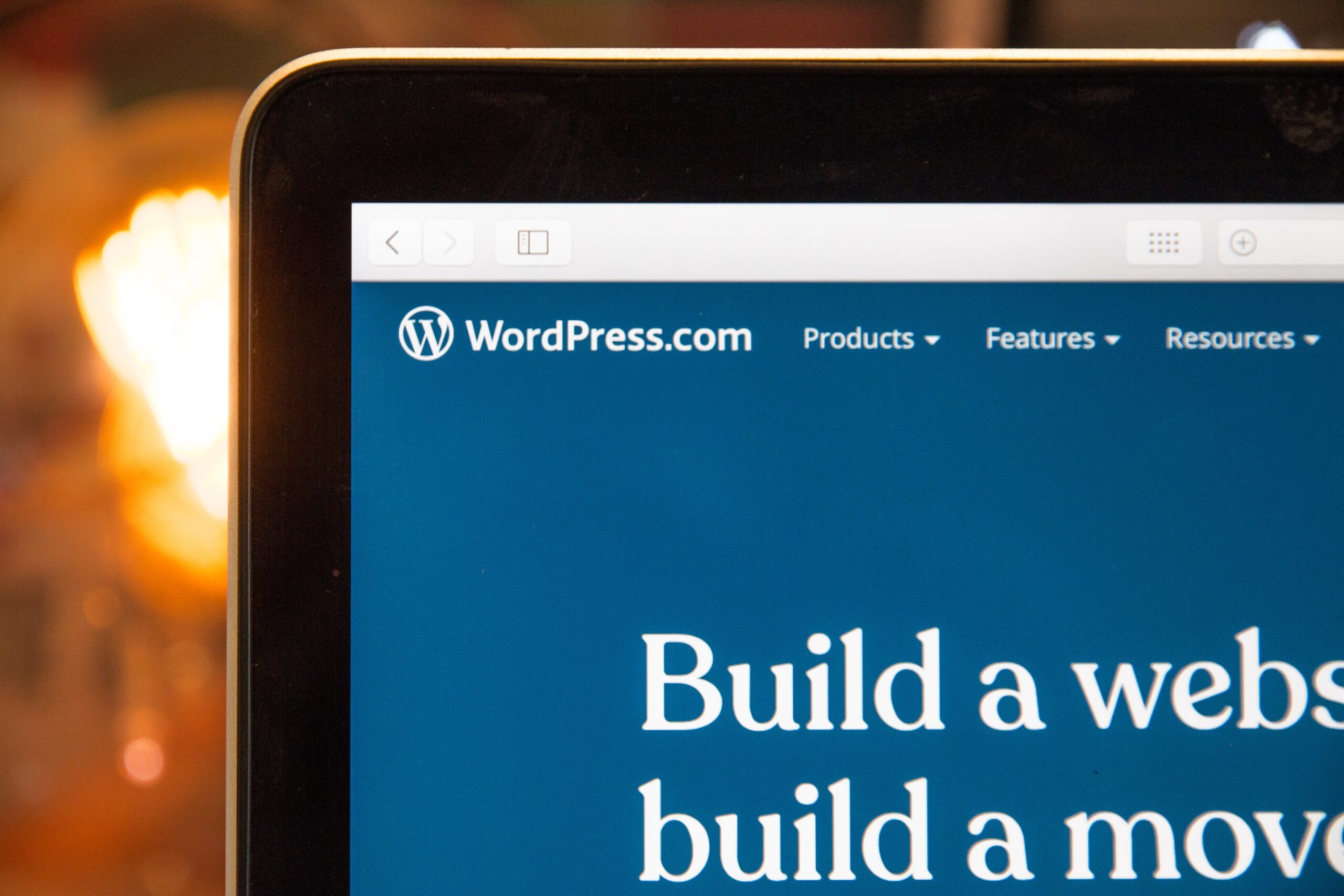
Creating a website for your business or personal use can be an exciting and rewarding endeavor. However, with so many website builders available in the market, it can be overwhelming to choose the right one that suits your unique needs. In this article, we will guide you through the process of selecting the best website builder for your specific requirements.
1. Determine Your Goals
The first step in choosing the right website builder is to determine your goals and objectives. Ask yourself what you want to achieve with your website. Are you looking to sell products online? Do you want to showcase your portfolio? Or do you simply need a platform to share your thoughts and ideas?
Understanding your goals will help you identify the features and functionalities you need in a website builder. For example, if you want to sell products, you will need an e-commerce platform that supports secure payment gateways and inventory management.
2. Consider Your Budget
Another important factor to consider when choosing a website builder is your budget. While some website builders offer free plans, they often come with limitations and may display ads on your site. If you are serious about your website, it is recommended to invest in a paid plan that offers more flexibility and customization options.
Compare the pricing plans of different website builders and choose the one that fits within your budget. Keep in mind that the cost should be reasonable based on the features and support provided by the platform.
3. Evaluate Ease of Use
Not everyone is a tech-savvy web developer, so it is essential to choose a website builder that is user-friendly and easy to navigate. Look for a platform that offers a drag-and-drop interface, pre-designed templates, and a visual editor that allows you to customize your website without any coding knowledge.
Additionally, consider the availability of customer support and resources such as tutorials and documentation. A responsive and helpful support team can make a significant difference in your website building experience.
4. Explore Design and Customization Options
The design and customization options offered by a website builder can greatly impact the look and feel of your website. Look for a platform that provides a wide range of templates and themes that align with your brand identity.
Consider the level of customization available. Can you easily change colors, fonts, and layouts? Can you add your own logo and branding elements? The more control you have over the design, the better you can create a website that reflects your unique style.
5. Check for SEO Features
Search engine optimization (SEO) is crucial for improving your website’s visibility in search engine results. Make sure the website builder you choose offers built-in SEO features such as customizable URLs, meta tags, and sitemaps.
Additionally, check if the platform allows you to optimize your website’s content for keywords and provides analytics tools to track your website’s performance. A website builder with robust SEO capabilities can greatly enhance your online presence.
6. Consider Scalability
While your current needs may be relatively simple, it is important to consider the scalability of the website builder. As your business or personal brand grows, you may need additional features and functionalities.
Choose a website builder that allows you to easily add new pages, integrate third-party tools, and scale your website as needed. This will save you the hassle of switching platforms in the future and ensure a smooth transition as your website expands.
7. Look for Mobile Responsiveness
In today’s mobile-dominated world, it is crucial for your website to be mobile responsive. A website builder that automatically optimizes your site for mobile devices will ensure that your content is displayed correctly on smartphones and tablets.
Check if the website builder offers responsive templates or if you can preview and customize your website for different screen sizes. A mobile-friendly website will not only provide a better user experience but also improve your search engine rankings.
Conclusion
Choosing the right website builder is essential for creating a successful online presence. By determining your goals, considering your budget, evaluating ease of use, exploring design and customization options, checking for SEO features, considering scalability, and looking for mobile responsiveness, you can make an informed decision that aligns with your unique needs.
Remember, take your time to research and test different website builders before committing to one. Your website is a reflection of your brand, so it’s important to choose a platform that empowers you to create a professional and visually appealing site.


Leave a Reply